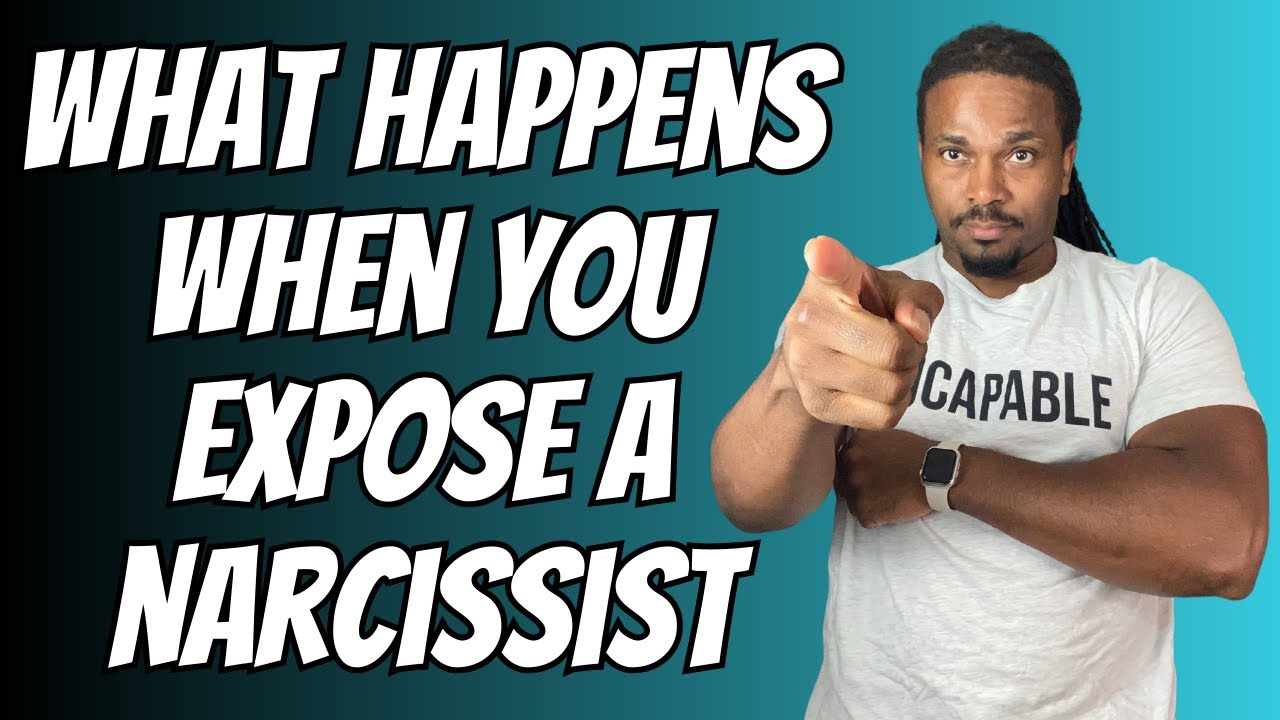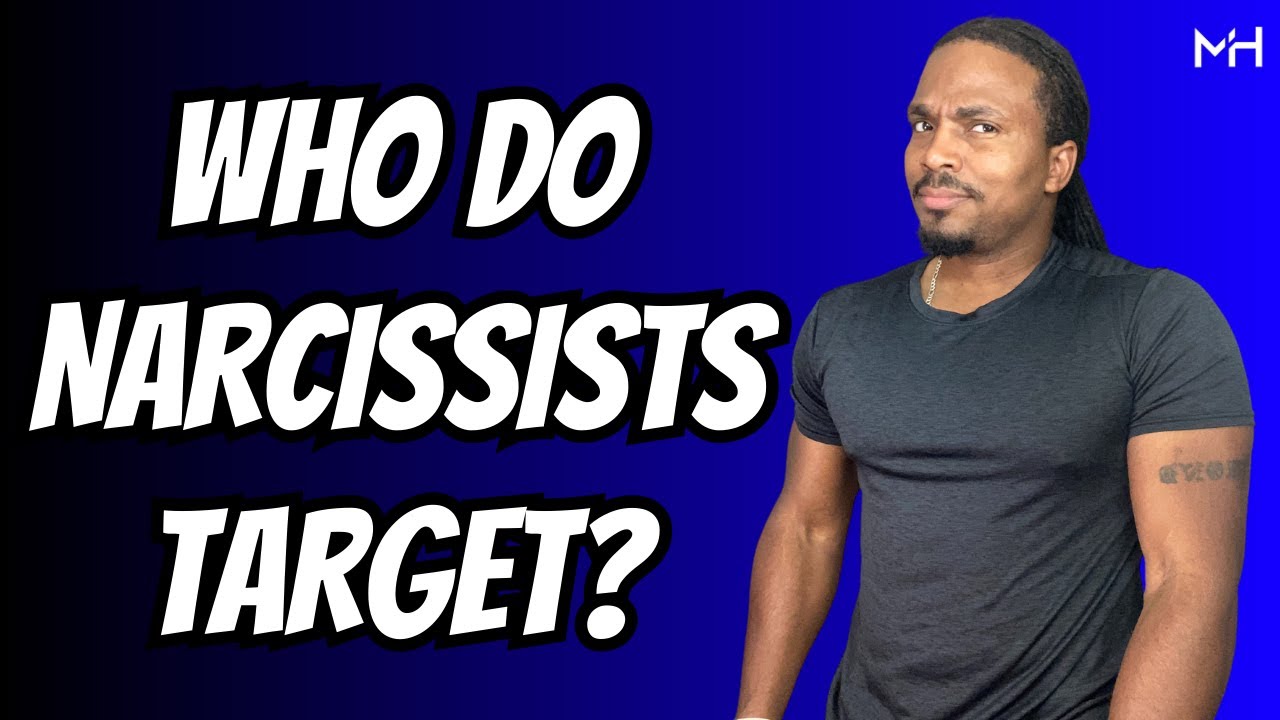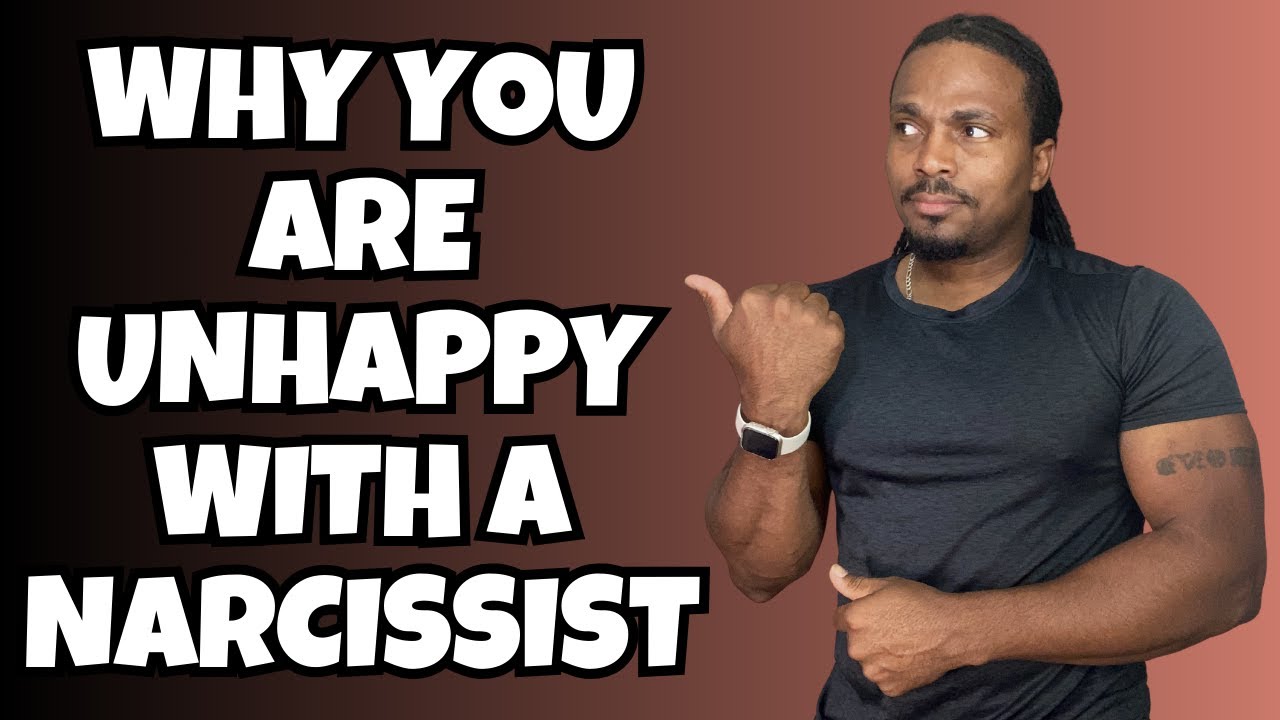What does it mean when a Narcissist says I HATE YOU
Summary
TLDRIn this episode of 'The Narcissist Code', Lee Hammock, a self-aware narcissist, explores the meaning behind a narcissist's declaration of hatred. He discusses the possibility that it may not be personal but a reflection of the narcissist's own self-loathing or a reaction to being held accountable. Hammock advises viewers to analyze the context and not to take it personally, as it could be a projection of the narcissist's internal struggles.
Takeaways
- 😀 The video discusses the meaning behind a narcissist's declaration of hatred towards someone.
- 🗣️ Lee Hammock, a self-aware narcissist, shares insights on narcissistic behavior and communication.
- 🔥 Narcissists may say 'I hate you' during arguments or when they feel threatened or exposed.
- 🤔 The phrase 'I hate you' from a narcissist could reflect their internal feelings of self-hatred rather than a genuine hatred of the person they're speaking to.
- 💔 It's important to consider the context and events leading up to a narcissist expressing hatred, as it might not be about the person they're speaking to.
- 👀 Narcissists might hate how someone makes them feel about themselves in a particular moment, rather than hating the person outright.
- 😡 Some narcissists may genuinely harbor strong negative feelings or even a desire for revenge against someone who has hurt or exposed them.
- 🤨 The video advises viewers to take a step back and analyze the situation to understand the true meaning behind a narcissist's words.
- 🌟 Understanding the motivations behind a narcissist's declaration of hatred can be liberating and aid in emotional healing.
- 📈 The video aims to help viewers grow and heal by providing a deeper understanding of narcissistic behavior.
Q & A
What does it mean when a narcissist says they hate you?
-When a narcissist says they hate you, it often means they hate how you make them feel about themselves in that moment, or they may be projecting their self-hatred onto you. It might not necessarily reflect their genuine feelings towards you as a person.
Why do some narcissists claim to hate someone even though they are in a relationship with them?
-Some narcissists might claim to hate someone they are in a relationship with as a reaction to feeling exposed or held accountable for their actions, or because the person triggers feelings of inadequacy or shame.
How can a person tell if a narcissist's claim of hating them is genuine or a reaction to a specific situation?
-A person can look at the context and the buildup of events leading up to the statement, considering the narcissist's behavior and what has been happening in their life to determine if the claim is genuine or a reaction to a specific situation.
What is the role of accountability in a narcissist's expression of hatred towards someone?
-Accountability can trigger a narcissist's expression of hatred if they feel exposed or if their actions are being questioned, leading them to project their negative feelings onto the person holding them accountable.
How does the speaker suggest dealing with the hurtful words of 'I hate you' from a narcissist?
-The speaker suggests not taking the words personally, understanding the context behind them, and looking at the narcissist's behavior and life circumstances to gain perspective and potentially set oneself free from the emotional impact.
What does the speaker mean by 'taking a step back' when a narcissist says 'I hate you'?
-The speaker means to analyze the situation objectively, considering what led to the statement and the narcissist's possible internal struggles, rather than focusing solely on the personal attack.
Why might a narcissist express hatred towards someone who has exposed their wrongdoings?
-A narcissist might express hatred towards someone who exposes their wrongdoings because it threatens their image and control, leading to a defensive reaction of projecting their negative feelings onto the person who exposed them.
How can understanding a narcissist's true feelings behind 'I hate you' help someone heal from the relationship?
-Understanding the underlying reasons behind a narcissist's words can help someone realize that the hatred expressed is often more about the narcissist's own issues than about them, which can aid in healing and moving on from the relationship.
What advice does the speaker give to those who are struggling with the impact of a narcissist's words?
-The speaker advises taking a step back, analyzing the situation, and not taking the narcissist's words personally, which can help in healing and growing from the experience.
Why does the speaker emphasize the importance of not taking a narcissist's words 'I hate you' too personally?
-The speaker emphasizes this because the words are often a reflection of the narcissist's own issues and not an accurate representation of the person's worth or the relationship, and understanding this can help mitigate the emotional impact.
Outlines

Этот раздел доступен только подписчикам платных тарифов. Пожалуйста, перейдите на платный тариф для доступа.
Перейти на платный тарифMindmap

Этот раздел доступен только подписчикам платных тарифов. Пожалуйста, перейдите на платный тариф для доступа.
Перейти на платный тарифKeywords

Этот раздел доступен только подписчикам платных тарифов. Пожалуйста, перейдите на платный тариф для доступа.
Перейти на платный тарифHighlights

Этот раздел доступен только подписчикам платных тарифов. Пожалуйста, перейдите на платный тариф для доступа.
Перейти на платный тарифTranscripts

Этот раздел доступен только подписчикам платных тарифов. Пожалуйста, перейдите на платный тариф для доступа.
Перейти на платный тарифПосмотреть больше похожих видео

What happens when you don't give a narcissist the REACTION THEY ARE LOOKING FOR

8 WORDS you NEED TO KNOW when learning about Narcissism

What goes on in a Narcissist's MIND when you EXPOSE THEM

What it means when a narcissist MISSES THE OLD YOU

Who do Narcissists WANT to be with?

Why you're so UNHAPPY when you are with a NARCISSIST
5.0 / 5 (0 votes)
